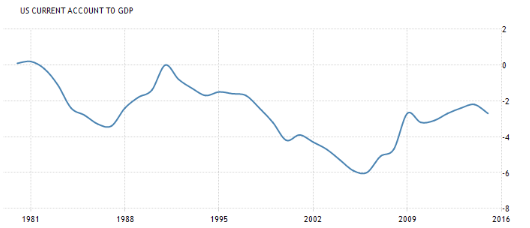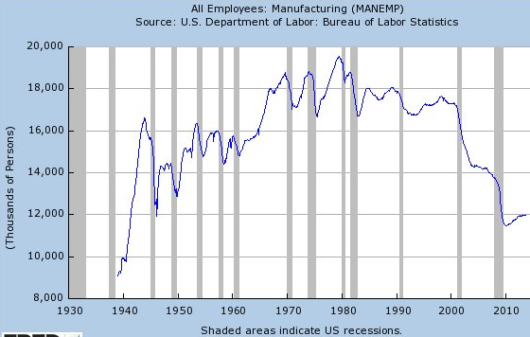Brazil’s austerity experiment
Scott Alexander recently had this to say about a Vox article on Brazil:
Brazil has just passed the most extreme austerity measure in history in the middle of a recession, locked in with a clause making it impossible to repeal for 10-20 years. A…bold…choice. If nothing else, it’ll provide good data for future generations of macroeconomists. Register your predictions now!
I predict success, in the sense of faster growth.
I doubt, however, that the experiment will actually prove very much, as I know of no theory that predicts Brazil’s austerity would cause slower growth, and I know of no evidence that Brazil will in fact engage in extreme austerity.
Brazil has high interest rates and high inflation, and hence even Paul Krugman would not regard fiscal austerity as being contractionary in Brazil. Instead, the Brazilian central bank determines the rate of Brazil’s nominal GDP growth.
Might austerity hurt the supply-side of Brazil’s economy? I suppose anything is possible, but it’s hard to see how. Unlike China, Brazil’s high government spending goes to things like public pensions, not infrastructure. In addition, Brazil’s government sector spends much more (39.1% of GDP) than other countries that seem to have at least as productive supply-sides, such as Chile (23.2%), Mexico (26.6%), Costa Rica (18.2%), Uruguay (32.6%), and Australia (35.3%). It’s not clear to me that spending 39.1% of GDP makes your economy more efficient, especially if very little of the money goes to infrastructure. To be fair, Venezuela spends 40.1%. So Brazil is the not highest spender.
Perhaps the austerity will fail by increasingly inequality. Brazil is already very unequal, although a bit less so than 20 years ago. But that depends on which programs are cut. In the past, government spending in Brazil has been regressive, mostly going to relatively well off government employees and pensioners. Unfortunately, the Vox article that Scott links to doesn’t tell us where the cuts will come.
Nor does it say that there will be any cuts at all:
Americans worried that Donald Trump will try to shred the nation’s social welfare programs can take some grim comfort by looking south: No matter what Republicans do, it will pale in comparison with the changes that are about to ravage Brazil.
On Thursday, a new constitutional amendment goes into effect in Brazil that effectively freezes federal government spending for two decades. Since the spending cap can only increase by the rate of inflation in the previous year, that means that spending on government programs like education, health care, pensions, infrastructure, and defense will, in real terms, remain paused at 2016 levels until the year 2037.
A few comments:
1. Notice that no specific cuts are announced.
2. A constitutional amendment in Brazil doesn’t have the same meaning as in the US. It’s more like legislation. When a government engages in Augustinian promises to do something virtuous, but only far out in the future, it’s a pretty good indication that they have absolutely no intention to fulfill their promise. Many governments have long range promises to balance the budget, which no one seriously expects to be enacted. I hope the Brazilians will hold real spending fixed for 20 years (to become a bit more like Chile), but it seems very unlikely that they will do so.
The Vox article is highly misleading in all sorts of ways. For instance, did you know that Brazil is one of the most highly taxed countries in the developing world? If you did not, you probably would not acquire that information by reading this from the Vox article:
While the amendment does a great deal to limit the expenditure of government funds, it doesn’t do anything to directly address how to generate them directly: taxes.
“The major cause of our fiscal crisis is falling revenues,” Carvalho says, noting that the populist Rousseff, known for her support for government programs, cut taxes for the corporate sector during her time in office over the past few years in an attempt to avoid losing public support.
Carvalho says taking an ax to spending is coming at the expense of discussing “taxing the very rich, who do not pay very much in taxes, or eliminating tax cuts that have been given to big corporations.”
Brazil’s tax code is extraordinarily generous to corporations and the wealthy, and helps buttress its status as one of the world’s most unequal countries. Brazil’s highest income tax rate is just 27.5 percent — for comparison, US tax rates go up to about 40 percent, and in Scandinavia they can exceed 60 percent.
The Vox article doesn’t really provide much context. Readers are not told that a decade of socialist misrule has driven Brazil into a painful recession. Perhaps Brazilians have noticed the fact that Chile and Mexico are not in depression, and do not have as bloated a government sector. Maybe they don’t think it’s wise to have a government sector that is almost as large as in Venezuela.
PS. Over at Econlog I discuss the peculiar views of Trump’s new economic advisor



